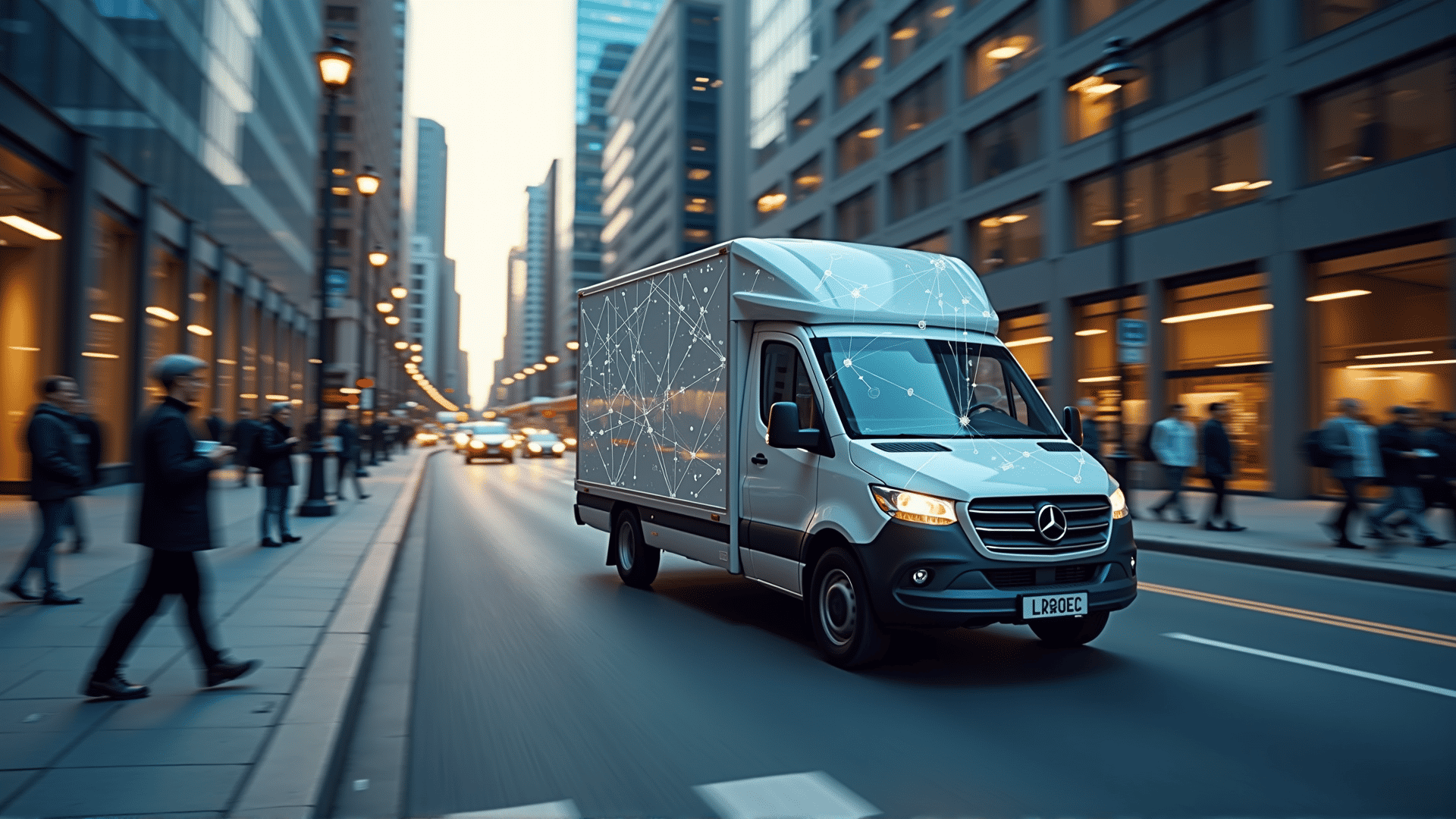In today's fast-paced world, where consumer expectations are at an all-time high, the logistics industry plays a pivotal role in facilitating seamless commerce. The demand for secure and efficient deliveries has become more crucial than ever, with businesses striving to keep up with the growing needs of their customers. Enter innovative logistics solutions that are transforming the way companies manage their supply chains and fulfil deliveries, ensuring safety and timeliness at every step.
One of the primary concerns in the logistics sector is the security of goods in transit. With the rise in e-commerce activities, there has also been an increase in incidents like theft, damage, and loss of shipments. To combat these issues, companies are adopting state-of-the-art technologies such as real-time tracking systems, which provide complete visibility of shipments during transit. These systems not only help monitor the location of goods but also send alerts in cases of deviations from the planned route, thereby significantly reducing the risk of theft or loss.
In addition to tracking devices, the implementation of blockchain technology has emerged as a game-changer in ensuring the security and authenticity of supply chains. Blockchain offers an immutable ledger that records each transaction along the supply chain, making it virtually impossible to tamper with shipment data. This transparency fosters trust between all parties involved, including shippers, carriers, and customers, while also expediting dispute resolution processes.
Efficiency in deliveries is another critical aspect that companies are focusing on. With urban areas expanding and traffic congestion becoming a norm, logistics providers are leveraging artificial intelligence to optimize delivery routes and schedules. AI-powered algorithms analyze real-time traffic data, weather conditions, and other variables to recommend the most efficient paths, helping save both time and fuel. Additionally, companies are investing in automated warehousing solutions that streamline sorting, packing, and loading procedures, thus reducing manual errors and speeding up order processing times.
The shift towards sustainability is also influencing the logistics landscape. Companies are increasingly adopting eco-friendly practices to ensure their delivery processes minimize environmental impact. This includes investing in electric vehicles and exploring green packaging options. By embracing sustainable logistics policies, businesses not only contribute to environmental conservation but also resonate with the eco-conscious values of modern consumers.
Customer satisfaction remains at the forefront of successful deliveries. Providing clients with real-time updates regarding their packages fosters a sense of trust and engagement. Furthermore, flexible delivery options, such as allowing customers to reschedule or reroute their packages, greatly enhance the overall experience. These value-added services are what set apart logistics providers in an ever-competitive marketplace.
The future of logistics is being shaped by advancements in technology and a heightened emphasis on security and efficiency. As consumer expectations continue to evolve, businesses that prioritize these elements in their logistics operations will lead the way in delivering unparalleled service. By investing in cutting-edge solutions and adopting a proactive approach to challenges, the logistics industry is well-positioned to meet the demands of today and prepare for the opportunities of tomorrow.
